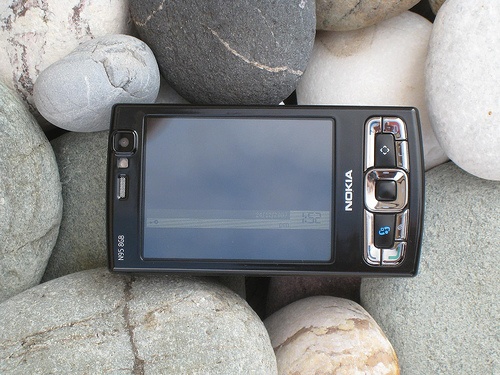This will be welcome, even though it is a time limited, geographically constrained offer, because it's one of the first offers that addresses the problem of bill shock, the phenomenon of opening your mobile bill and having no earthly idea what the final cost will be; and getting slammed with a massive charge. So this is a smart move from Vodafone, although there are some gaps.
The offer is limited to the holiday season and only to a few countries, but it is a start. Staying in contact with your mobile while travelling is one of the last areas where you can rack up incredibly high bills in a short scale of time. It's interesting that there is a healthy and competitive market of SIM-only virtual mobile networks that can provide significantly lower call charges while you travel (for example Irish based MaxRoam) but your call charges on your main mobile operators can be four or five times as high as these MVNO's.

So there is a cost effective solution out there, but it does require you to have a second SIM card, and that means an alternative mobile number when you are moving around – something that's not practical. Yes, you could divert calls from your regular mobile to the new SIM, but that means an extra charge for yourself. And it's not really practical to carry around two mobile phones with you (although that is what I personally tend to do on trips at the moment).
And of course none of this looks at the bigger issue of data tariffs while roaming – switching from a £1.50 'all you can download in a day' to £3 per megabyte when you cross a border is close to daylight robbery.
This is one area where a cross-border regulator such as the European Union is actually a good idea. By bringing the maximum allowed price down for all the operators at the same time, and providing users with some modicum of knowledge on the highest price possible, they're actually speeding up the rush to a transparent and fairly charged service. Compare that approach to other markets with full deregulation and you invariably find crippling roaming charges.
I think we're still a few years away from roaming being as cheap as on your home network, and allowing minutes and data to be used no matter where you are in the world, but it is slowly coming, and any step by a network, be it for advertising or commercial reasons, should be applauded.
-- Ewan Spence, May 2009.
